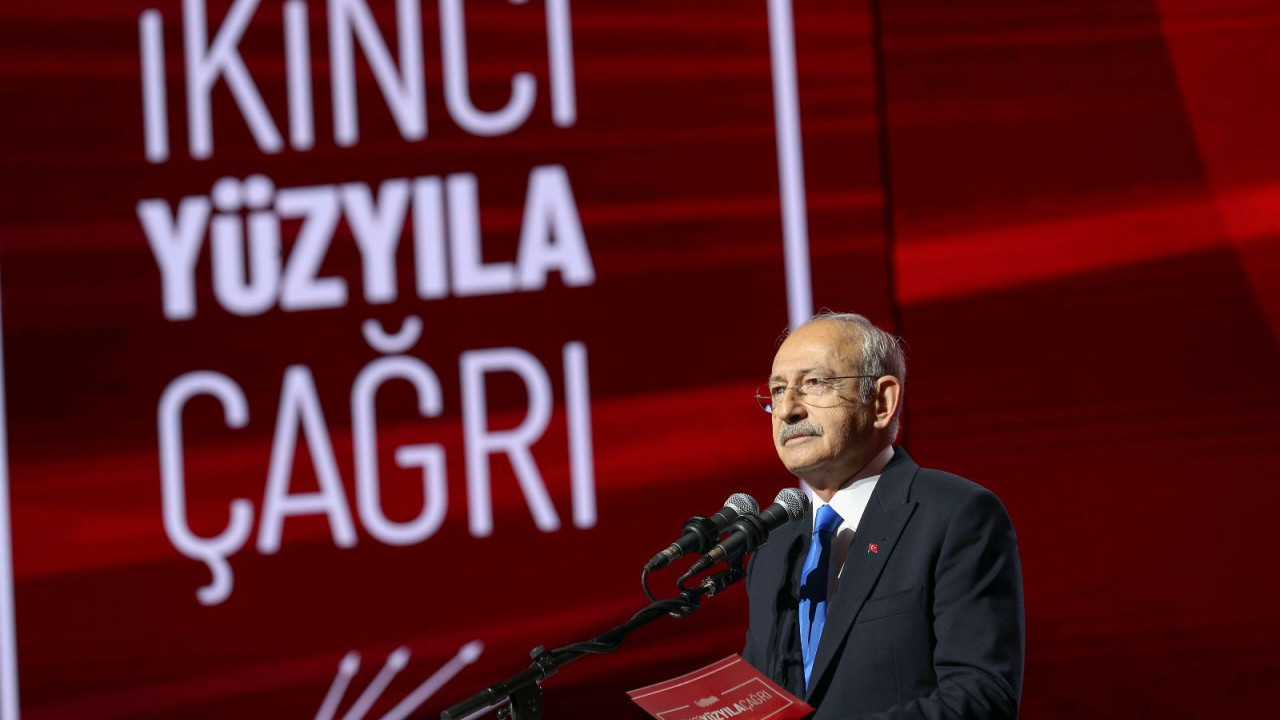(Bloomberg) — Kemal Kilicdaroglu , the leader of Turkey’s main opposition party, promised to bring $100 billion of direct investment if elected to power in the elections scheduled for June next year.
“There will be at least $100 billion of direct investment in the first three years of our government,” Kilicdaroglu said in Istanbul on Saturday, speaking at an event at which the CHP unveiled some of its economic, political and social policies.
He also said his government would secure an additional $75 billion investment in the first three years, from pension funds and wealth funds abroad, among other resources.
The event dubbed “The CHP’s Second Century Vision” included speeches from Kilicdaroglu’s top economic aides and prominent economists, including Massachusetts Institute of Technology professor Daron Acemoglu.
Faik Oztrak, CHP spokesman and deputy chairman responsible for economic policies, said the party would appoint a central bank governor who is “respected by the whole world.” The governor’s aim would be to permanently bring down inflation to single digits, he said.
Incumbent central bank governor Sahap Kavcioglu is frequently criticized by the opposition over his failure to rein in inflation. Annual consumer prices in October accelerated to over 85%, the highest in almost a quarter century.
Under pressure from President Recep Tayyip Erdogan, who is fixated on economic growth ahead of elections, the bank has cut its interest rate for four straight meetings, lowering it to 9% last month.
Erdogan is a self-proclaimed enemy of high borrowing costs and he has fired three predecessors of Kavcioglu for clashing with him on monetary policy. Acemoglu said inflation would be lowered only through “normalization” in monetary policy and by fixing policies on interest rates.
“Turkey’s company and bank balance sheets also need to improve. If companies and banks have negative balance sheets they can’t make new investments. And Turkey needs significant new investments,” he said. “This will again be fixed with the right monetary policy, right financial policy and resources.”



